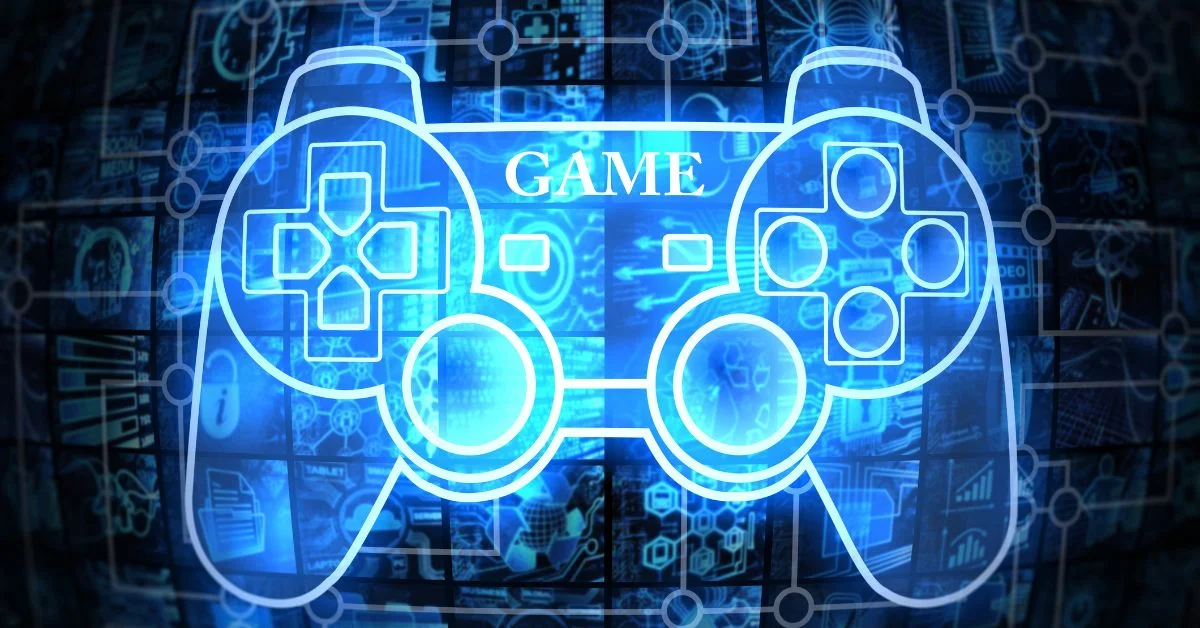Video games are more than just entertainment—they are a fusion of technology, culture, art, and storytelling. Yet, much like literature and cinema, games face the risk of being forgotten if not carefully preserved. With the rapid pace of technology, many classic titles, consoles, and digital experiences are already disappearing into obscurity.
The concept of Gameverse TheGame Archives represents a vision of how the gaming industry, communities, and historians might preserve and celebrate the evolution of interactive entertainment. It symbolizes a digital museum and living archive where every game, from early pixelated classics to sprawling open-world masterpieces, could be stored, studied, and re-experienced by players and researchers alike.
In this article, we’ll explore the philosophy, purpose, applications, challenges, and future potential of Gameverse TheGame Archives. Through detailed explanations, case studies, and structured tables, this guide paints a full picture of how gaming preservation could shape the future of digital culture.
Understanding the Concept of Gameverse TheGame Archives
At its core, Gameverse TheGame Archives is about creating a comprehensive digital ecosystem that collects, organizes, and makes accessible the vast world of gaming. Unlike physical museums that often rely on limited exhibits, digital archives can preserve not only the games themselves but also the context surrounding them—manuals, development notes, soundtracks, mods, and player communities.
It’s not just about nostalgia. It’s about acknowledging games as cultural artifacts that reflect:
- Technological Progress – From 8-bit consoles to cloud gaming.
- Cultural Identity – Games shaped by regional myths, values, and creativity.
- Human Interaction – The rise of online communities and esports.
- Artistic Expression – Visual design, music, and storytelling innovation.
- Economic Influence – How gaming has become a multibillion-dollar global industry.
Why Archiving Games Matters
Archiving games is not simply about replaying old favorites. It’s about cultural preservation and ensuring future generations can understand the evolution of digital storytelling.
Key Reasons:
- Historical Documentation: Just as books and films are archived, so too must video games be preserved as cultural heritage.
- Technological Education: Students can study old game engines, coding practices, and design methods.
- Cultural Insight: Games reflect societal issues, values, and imagination of their era.
- Creative Inspiration: Developers draw ideas from classic titles.
- Accessibility: Future players deserve the chance to experience the origins of their favorite genres.
Core Components of Gameverse TheGame Archives
| Component | Description | Purpose |
|---|---|---|
| Game Repository | Collection of digital games | Preserves titles across eras |
| Metadata Archive | Manuals, artwork, soundtracks | Cultural and technical insight |
| Emulation Systems | Tools to run old software | Playability of archived games |
| Community Contributions | Mods, fan art, forums | Preserves user-generated culture |
| Research Tools | Analytics, access to code | Educational and development purposes |
These components ensure the archives function not just as storage, but as a living ecosystem.
Gameverse vs Traditional Archives
| Aspect | Traditional Game Archives | Gameverse TheGame Archives |
|---|---|---|
| Format | Limited physical or digital copies | Fully digital, scalable, interactive |
| Accessibility | Restricted to select locations | Global online access |
| Scope | Focus on popular titles | Inclusive of indie and community games |
| Engagement | Passive observation | Interactive exploration and re-experience |
| Community Role | Minimal | Central to archive growth |
Digital Preservation Challenges
Preserving games digitally is not without obstacles.
- Hardware Obsolescence
Consoles, cartridges, and discs degrade or become unusable. - Licensing Issues
Copyright restrictions limit access to archived materials. - Data Corruption
Digital files risk corruption or loss over time. - Technological Shifts
Emulators and virtual systems must constantly adapt. - Funding and Resources
Large-scale archiving requires investment and global cooperation.
Table: Benefits vs Challenges
| Benefits | Challenges |
|---|---|
| Cultural preservation | Licensing restrictions |
| Educational insights | Hardware obsolescence |
| Global accessibility | Risk of data corruption |
| Community engagement | Funding constraints |
Applications of Gameverse TheGame Archives
1. For Players
- Revisit classic titles with modern accessibility.
- Discover forgotten indie games.
2. For Developers
- Analyze past design methods.
- Draw inspiration for new projects.
3. For Researchers
- Study cultural trends and technological shifts.
- Compare game narratives across regions.
4. For Educators
- Teach coding through classic engines.
- Explore the evolution of graphics and design.
5. For Communities
- Build fan-driven discussions and content.
- Preserve esports history and online cultures.
A Hypothetical Case Study
Imagine a university student researching how early 2000s RPGs influenced storytelling. Through Gameverse TheGame Archives, they access not only the games themselves but also:
- Developer interviews from that era.
- Original soundtracks.
- Fan-created mods that extended the life of the games.
- Academic papers analyzing player responses.
This creates a comprehensive, multi-layered understanding of how RPGs shaped interactive narratives.
The Role of Community in the Archives
Unlike traditional museums, Gameverse TheGame Archives thrives on community participation. Gamers can:
- Upload forgotten indie titles.
- Share fan translations of rare games.
- Record oral histories of online guilds or esports teams.
- Contribute artwork, mods, and walkthroughs.
This crowdsourced model ensures the archive grows organically, reflecting gaming as a living culture.
Future Potential of Gameverse TheGame Archives
The future of the archives could include:
- VR Museums: Immersive experiences where players explore gaming history virtually.
- AI-Curated Recommendations: Systems suggesting forgotten gems based on interests.
- Interactive Timelines: Visual maps showing gaming evolution decade by decade.
- Collaborations with Developers: Official preservation of source codes and assets.
- Cross-Cultural Exchanges: Comparing how different regions influenced gaming trends.
Ethical Considerations
With preservation comes responsibility. Archives must:
- Respect copyright and creator rights.
- Ensure equitable global access.
- Balance nostalgia with critical reflection.
- Prevent misuse of preserved content.
Gameverse and the Future of Culture
The archives go beyond entertainment. They contribute to:
- Cultural Heritage – Recognizing games as art and history.
- Technological Innovation – Inspiring new tools and methods.
- Global Dialogue – Creating shared spaces for cross-cultural appreciation.
Just as libraries and film archives shape our understanding of the past, Gameverse TheGame Archives could shape our understanding of the digital present and future.
Conclusion
Gameverse TheGame Archives represents more than a repository of old titles—it symbolizes a vision for gaming preservation, cultural celebration, and digital innovation. By blending technology, community, and history, such an archive ensures that future generations not only remember video games but also learn from, engage with, and build upon them.
As gaming continues to evolve into new realities—virtual, augmented, and cloud-based—the importance of such archives will only grow. They are not just databases of code but living records of human imagination.
FAQs
Q1: What is Gameverse TheGame Archives?
It is a conceptual digital ecosystem designed to preserve, archive, and make accessible the history and culture of video games.
Q2: Why do games need archiving?
Games are cultural artifacts that reflect history, technology, and creativity, deserving preservation for education and inspiration.
Q3: How can communities contribute?
Communities can upload indie titles, share mods, and document their own gaming histories.
Q4: What challenges do archives face?
They face issues like licensing restrictions, hardware obsolescence, and funding difficulties.
Q5: What is the future of Gameverse TheGame Archives?
Future archives may include VR museums, AI-curated experiences, and global collaborations with developers.
For more information, click here.









